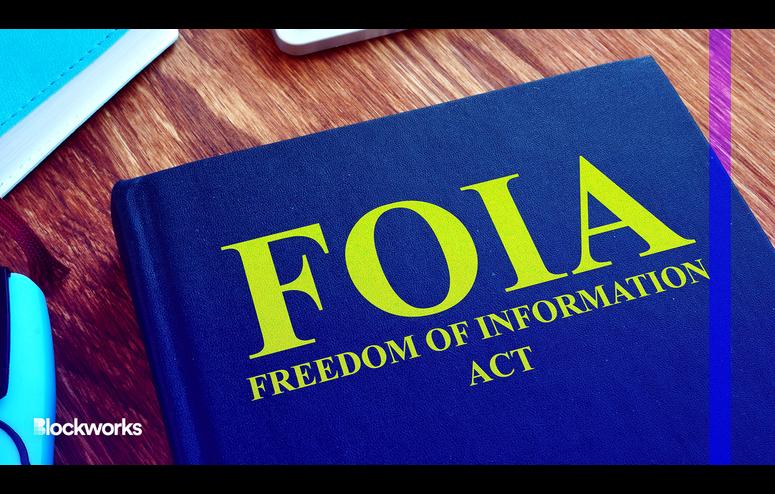DeFi Education Fund seeks FOIA amid SEC inaction on securities dispute

The DeFi Education Fund recently utilized the Freedom of Information Act to file a request for additional information regarding the Securities and Exchange Commission’s decision not to provide clarity on the classification of syndicated loans as securities.
In March 2023, the United States Court of Appeals for the Second Circuit requested the SEC to provide its perspective on the case of Kirschner v. JPMorgan Chase Bank, N.A. This case deals with the classification of syndicated loans.
The SEC filed motions to extend their deadline to submit, which was originally April 13, 2023, three separate times. On July 18, the SEC wrote to the court saying that it would not be filing an amicus brief.
In the letter, SEC General Counsel Megan Barbero wrote that the agency “is unfortunately not in a position” to weigh in.
“For a securities regulator who is seemingly determined to classify nearly all crypto tokens as securities, it is curious that the agency decided not to provide its logic on whether a more traditional financial instrument is also a security,” Amanda Tuminelli, chief legal officer at the DEF, said.
In 2020, a federal court sided with JPMorgan and other banks, ruling that term loans arranged as part of the bankruptcy of Kirschner’s Millennium Laboratories LLC were not securities. Kirschner alleged in his complaint that the banks had violated Blue Sky Laws — state securities laws — with the loan offering.
Kirschner filed an appeal in the Second Circuit in 2021, the decision of which could set the precedent for how syndicated loans are treated within courts in the circuit going forward. If the appellate court rules syndicated loans are securities, it poses an “existential threat” to the entire industry, attorneys surveyed by the National Law Review noted.
The SEC is in between a rock and a hard place, Tuminelli said. If the agency sides with Kirschner, not only are they going against a long standing precedent and thus disrupting a multitrillion-dollar market, they are opening the door for cryptocurrencies to be analyzed in a new way.
“They’re extremely conscious of the eyes on them by the crypto industry of how they’re analyzing securities,” she added. “They’re sort of afraid either way, and I think why that ultimately matters is because they don’t want [Administrative Procedure Act] challenges.”
Under the APA, federal agencies can be sued if the agency is enforcing a rule, through enforcement actions or otherwise. It’s a law Coinbase has cited in their lawsuit against the SEC for its alleged refusal to create policies for the industry, and the DEF plans to file an APA suit too, Tuminelli said.
“I think they don’t want to put it in an amicus so that then I can say ‘look, this is how the SEC is analyzing whether something is a security and we want to challenge that,’” she added.
The SEC does not have to respond to the DEF by a given date, nor do they necessarily have to hand over any internal communications or documents, per FOIA.
“If the SEC is holding back solely because they are concerned about losing in court, it is unfair to the American investing public who deserves transparency,” Tuminelli said. “We are determined to get to the bottom of it.”
Want alpha sent directly to your inbox? Get degen trade ideas, governance updates, token performance, can’t-miss tweets and more from Blockworks Research’s Daily Debrief.
